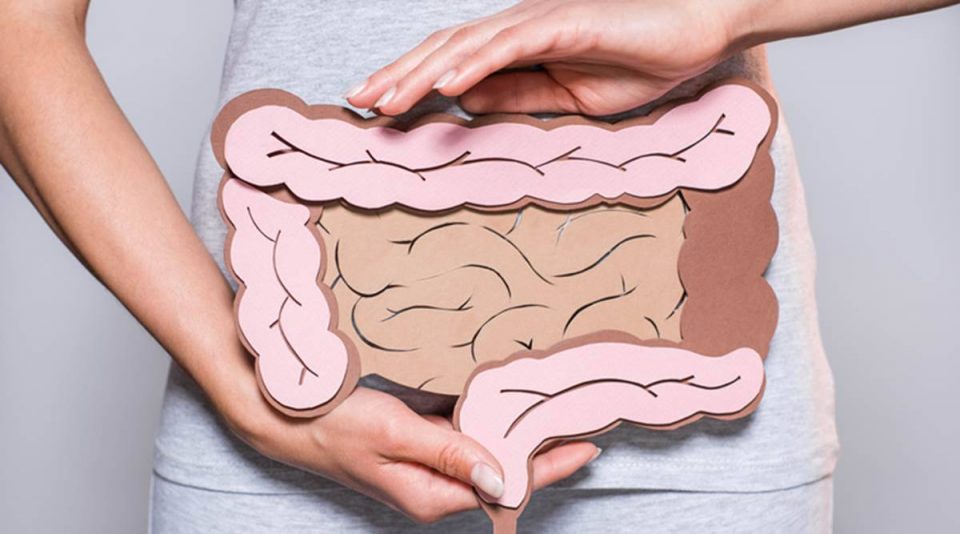We do not refer to the digestive system as the ‘second brain’ for nothing. It communicates with every cell in the body. The digestive system, or the gut, transports the food from the mouth to the stomach. It also converts the food into stored energy and absorbable nutrients before transporting the waste out of the body. Recent research has shown that the gut system has an even more sophisticated and essential job than previously known. Digestive wellness links with many health aspects, from emotional stress, immunity to chronic diseases such as cancer, type 2, and cancer. The digestive tract contains millions of bacteria, helps people process food, and helps the body maintain homeostasis and overall health.
What affects gut health?
The first thing that affects your digestive wellness is the food you eat. This is because it plays a crucial role in the bacteria makeup of the gut. However, the gut’s bacteria makeup is also affected by other factors such as the nature of birth. Studies have shown that children delivered vaginally grow to have more diverse microbiomes than those delivered by C-section. This is the exposure they get to the different bacteria as they come out via the birth canal. Likewise, breastfeeding also increases beneficial gut bacteria.
The environment one grows up in plays a role as well. More exposure to bacteria and germs, with reason, helps strengthen the microbiomes. Therefore, it is advisable to let your kids go out, play with animals, and dig in the dirt, as they help establish a healthy gut. Emotional stress can affect gut bacteria. This is scientifically referred to as the “gut-brain axis,” which is the pathway through which signals from the gut affect the brain’s neurotransmitters and vice versa. The other factor is the over-the-counter drugs and painkillers used to treat diabetes, psychiatric conditions, and acid reflux. These medications lead to microbiome changes, and the most known is antibiotics. Although they prescribed to eliminate the harmful bacteria, they can likewise kill all kinds of bacteria.
Symptoms of gut health problems
- Bloating
- Stomach pain
- Nausea
- Gas
- Diarrhea
- Heartburn
- constipation
Best ways to support digestive wellness
Gut health changes are driven by shifts in gut immunity, gastrointestinal flora, and stomach acid. When gut health is working well, one is less likely to experience lapse immunity and damaging inflammation. It is not just about the diet! The following are some of the best ways of protecting your digestive system.
Eating the right food.
A balanced diet rich in vegetables and fruits provides the fiber required to build good bacteria and digestive wellness. A high-fiber diet helps keep the food moving through the digestive tract, reducing the chances of constipation. It also helps prevent other digestive conditions like irritable bowel syndrome (IBS), hemorrhoids, and diverticulosis. Ensure that you get both soluble and insoluble fiber and limit the foods high in fat. Also, go for lean meats since protein is still an essential part of a healthy diet. However, fatty cuts of meat can cause digestive discomfort. When going for meat, always opt for lean cuts like skinless poultry, pork, and loin.
Regular Exercises
Regular exercises keep the food moving through the digestive system and thus reducing constipation. Frequent activities also help in maintaining a healthy weight, which is also suitable for digestive health. Make a point to do simple exercises such as cycling, jogging, running, dancing, and pushups, and so on.
Reducing stress and anxiety
Too much anxiety or stress can make the digestive system go into overdrive. You should opt for stress-reducing acuities that you love and practice regularly—also, the mood and digestive system health area is tightly connected via the brain-gut connection.
Getting more sleep and eating on schedule
Not getting enough sleep increases the risk of obesity that brings about digestive system disorders. Likewise, consuming meals and healthy foods regularly can help keep the digestive system in top shape. Always strive to sit down for breakfast, lunch, dinner, and snacks at around the same time daily.
Avoid unhealthy habits
Avoid excessive smoking, drinking, and too much coffee. These habits can interfere with the digestive system and cause problems such as heartburn and ulcers.


